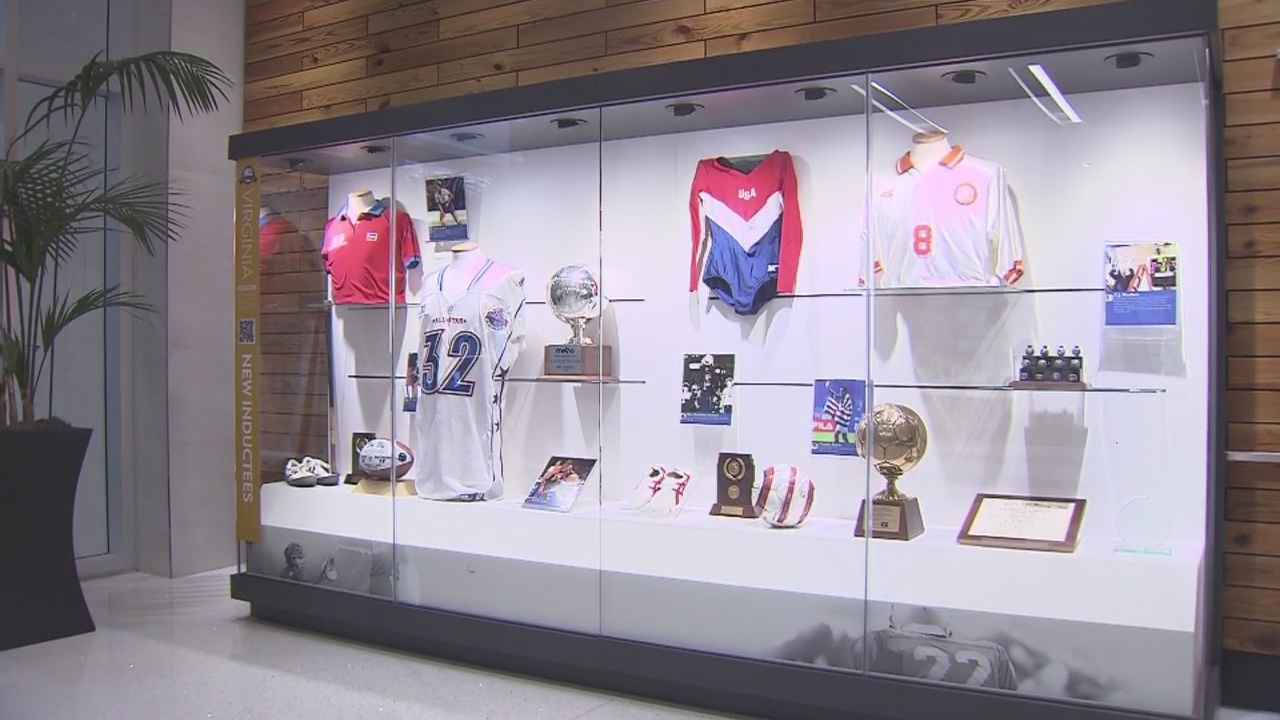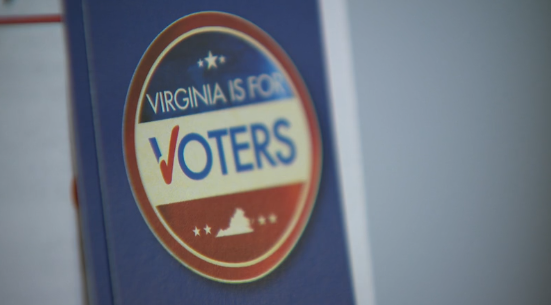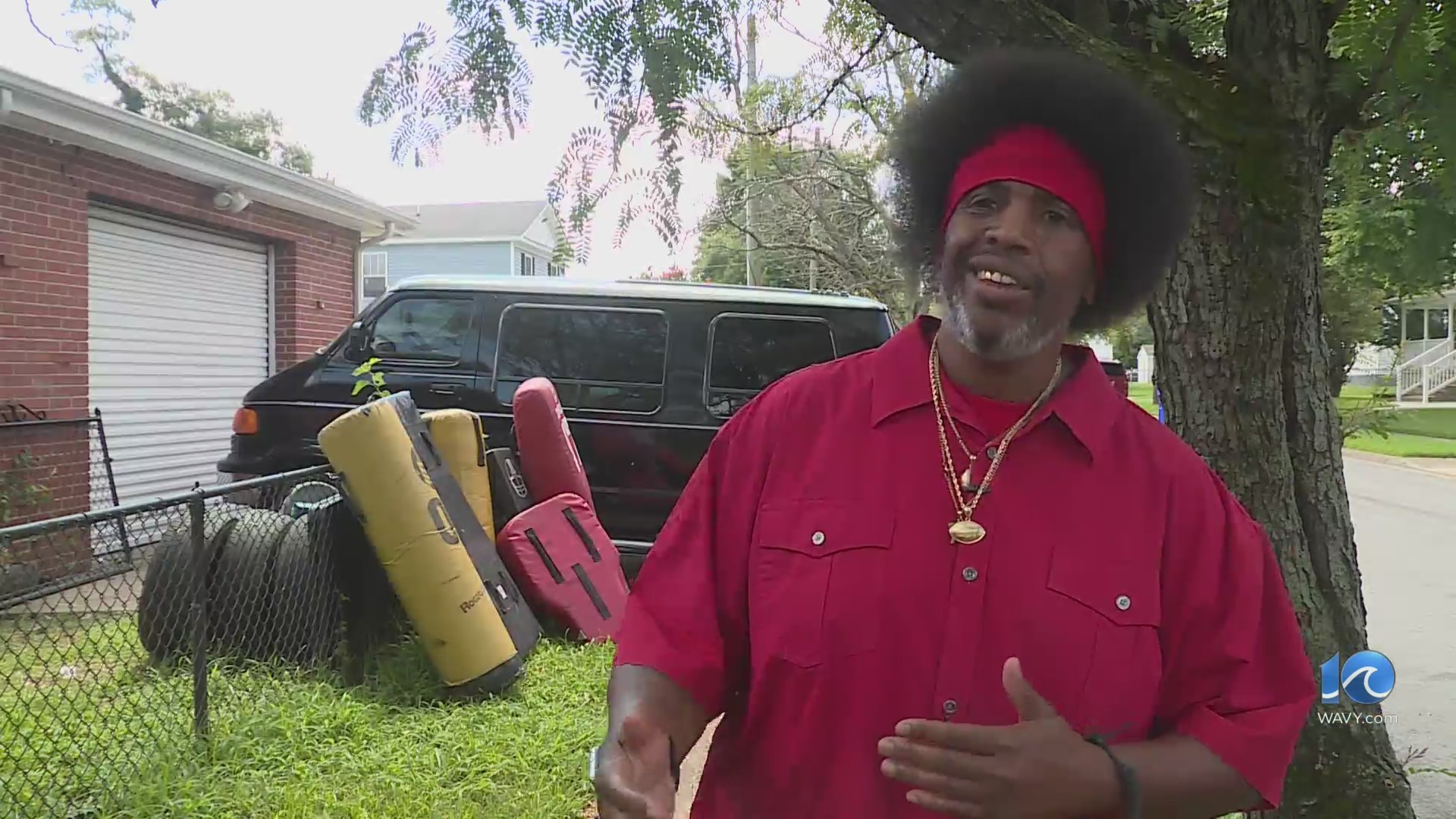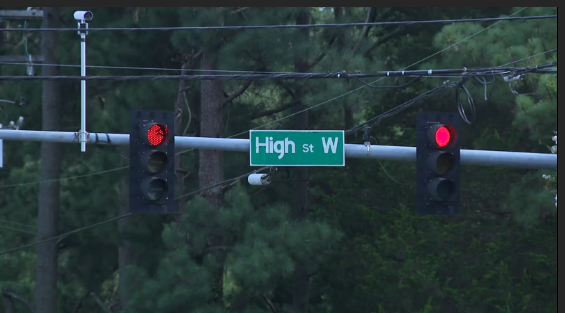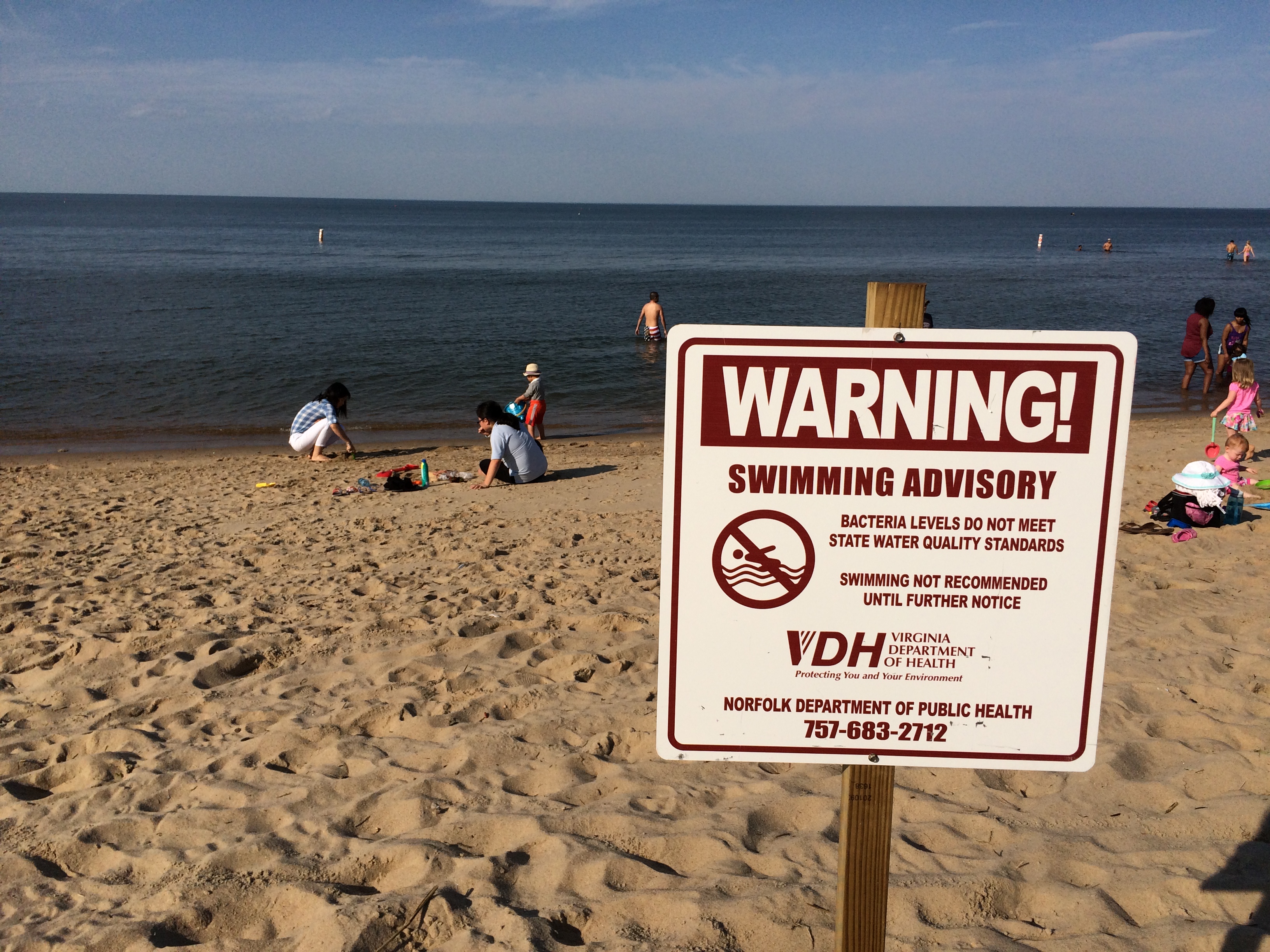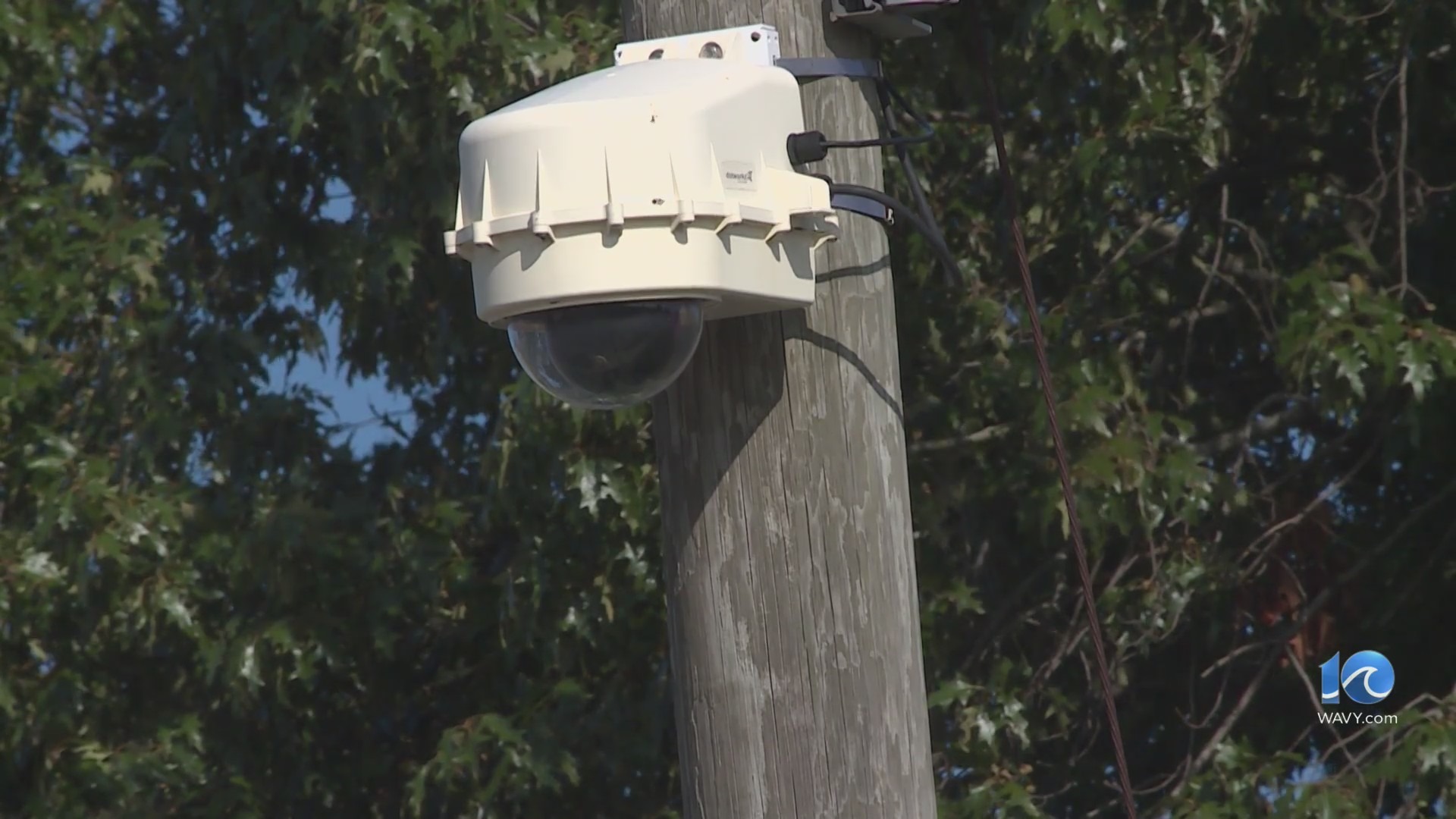ISLE OF WIGHT COUNTY, Va. (WAVY) – The Isle of Wight County School Board approved new guidelines for “teaching about controversial issues” despite a number of people, including teachers and students, speaking out against them.
Educators must now implement policy changes following a 3-2 vote last Thursday.
The changes follow Gov. Glenn Youngkin’s campaign promise to “end divisive concepts.”
The framework for teachers the board adopted includes:
- Parents or guardians have the sole responsibility for guiding their children’s views on controversial topics.
- Life should be viewed without bias or discrimination toward any individual or group based on their characteristics or identities.
- No one is inherently a victim or oppressed due to their race (consciously or unconsciously), skin color, gender, religion, national origin, sex, medical condition, age, marital status, sexual orientation, gender identity, military status or disability.
- A person’s value, success, and moral character are not determined by their race, ethnicity or sex.
- Socio-economic or citizenship status does not make a person superior or inferior to others.
- There is no systemic racism or bigotry perpetuated by the United States or any governmental entity.
- Employees of Isle of Wight County Schools shall not endorse any political party, candidate or ideology in the performance of their duties or responsibilities, but rather remain neutral.
The policy revision adds, “The Board expects that instruction concerning controversial topics and issues will include the many forms of racism, sexism and other “isms” that exist today and in the past.”
Nine people asked school leaders to vote against this list of changes.
“Our entire history is controversial,” said Isle of Wight County student Jasmine Johnson. “Are you all saying we should not teach history anymore? What is the intention of this policy?”
Several teachers challenged item F, which claims “there is no systemic racism or bigotry perpetuated by the United States or any governmental entity.”
“(Saying) there is no systemic racism in the United States is a prime example of, just because you say it doesn’t make it a fact,” said Isle of Wight County history and government teacher Maggie Halstead. “I would ask you to do as my students do, look for evidence and facts and then make positive policy for changes.”
Said one parent: “This whitewashed narrative is inaccurate and embarrassing. There is a plethora of sources available which outline ways systemic racism exists in our country today.”
Another item met with contention bans teachers of Isle of Wight from sharing political views with students.
“The only ones pushing a political agenda here in Isle of Wight are you, the board,” said Matt Ployd, Isle of Wight Education Association President.
Isle of Wight School board chairman John Collick, along with board members Jason Maresh, and Mark Wooster, voted in favor of what’s known as Policy INB.
Collick told 10 On Your Side he did not write or introduce the policy. He said he voted in favor of the changes.
“Parents have the right to decide on their kid’s moral upbringing,” Collick said. “There are some parents who want their kids exposed to a lot of different things, like transgender issues. … In this country, there is a lot of debate on those kinds of issues.”
When asked about the policies claim that “there is no systemic racism,” Collick said after researching the definition, he does not believe there is currently systemic racism. He believes systemic racism is a thing of the past.
“For racial issues to be systemic, in this country it would have to start with the president and work its way through the Congress,” Collick said. “We would have laws like we did many years ago, when racism was systemic with Jim Crow laws and even before civil rights laws.
“What we’re saying is today, it is not. Is there racism? Absolutely, there is no question about that. But is (it) systemic throughout the country? No.”
Collick insisted that students will learn history accurately, including slavery, ‘Jim Crow’ laws and the Civil Rights movement.
“They will still be able to learn everything they learned before,” Collick said.
Board members Denise Tynes and Michael Cunningham voted against the changes.
“It never should have been brought to the board,” Cunningham said. “It shouldn’t have been approved. I voted against it.”
He added that, “history, it needs to be taught. If we don’t know what our past is, then there is a good chance that we are going to repeat the past. Who defines what’s controversial?”
Cunningham described the policy INB as a ‘slap in the face of teachers.’ He added that “we don’t need the policy. I have not seen one email from an individual in this county who agreed with this policy.”
During the meeting, Tynes said she heard the students and voted in opposition.
“I heard them, and I listened,” Tynes said. “I will continue to advocate for them because that is the reason why we’re here. We are here for them.”
Cunningham is concerned the policy will restrict teachers.
“I’m here to do what’s best for the students and the teachers. … “These are leaders of tomorrow,” Cunningham said. “We’ve got to give them the best we can now. If we don’t start them off right, what are we going to look like as a country 10, 20 years from now.”
He also worried about teachers potentially leaving the county school division.
“I’m worried about the number of teachers we’re going to retain now that this policy is in place,” Cunningham said.
Collick said he is not concerned about teacher retention or recruitment.
“Initially, there are going to be some teachers that are going to say, ‘I don’t want to teach here if that is the policy. … I think we’re going to have more teachers who lean conservative.”
Note: Isle of Wight County school board members held a work session meeting Tuesday to discuss the 2024 budget.




































